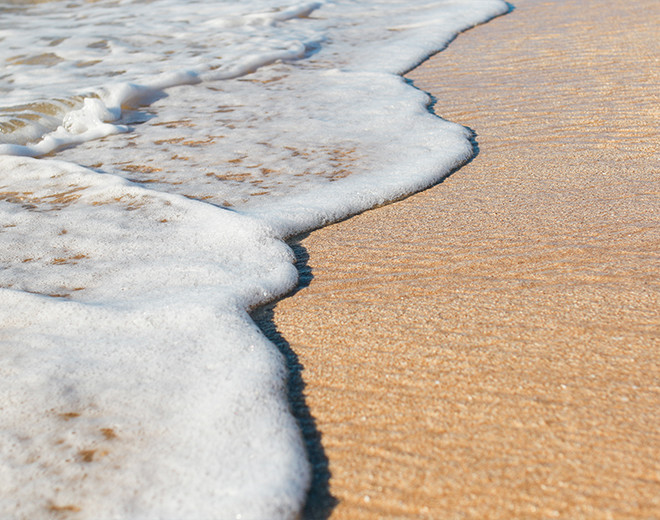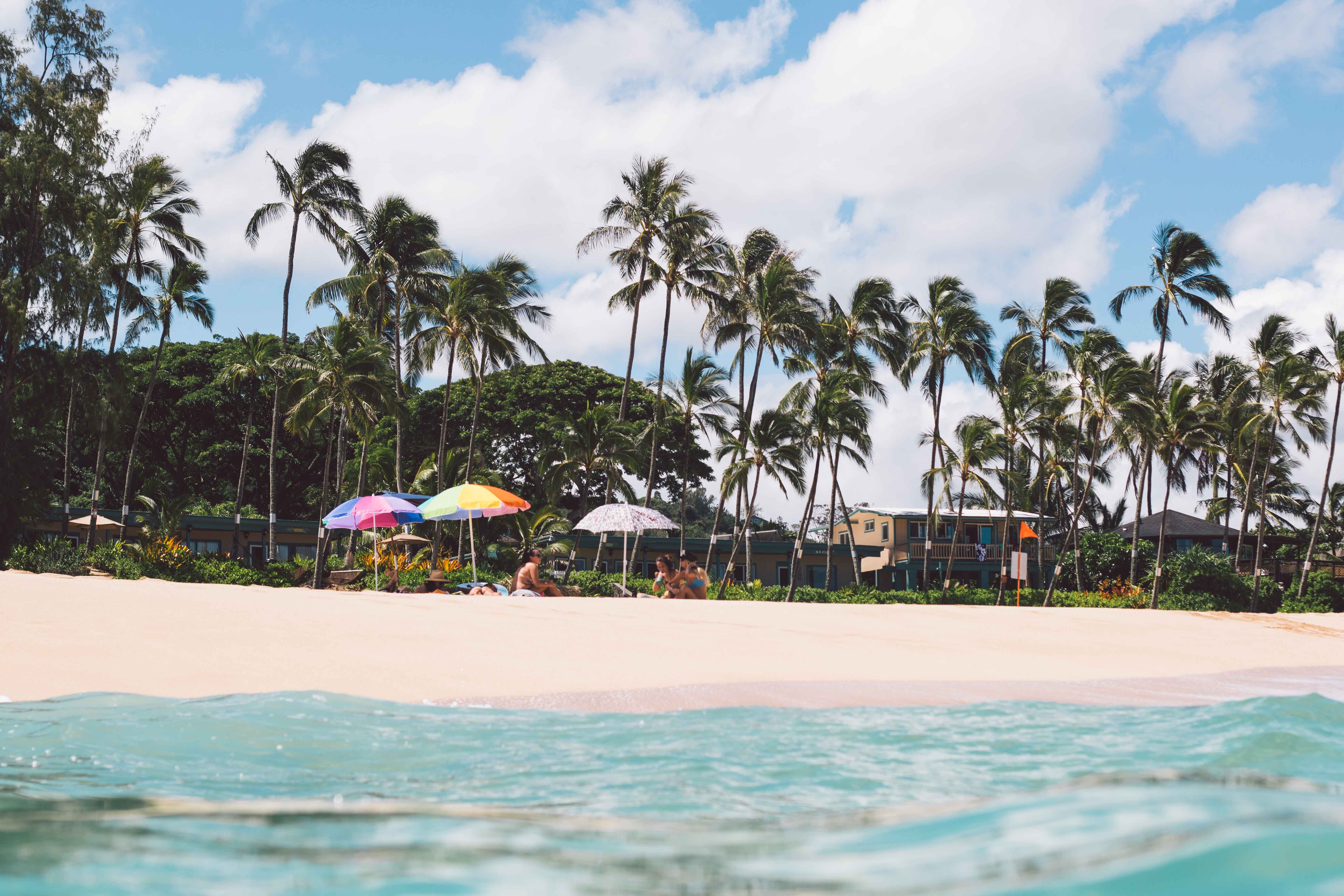5 Ways to Keep Your Beach Clean
When it comes to protecting our beaches and oceans, a clean beach is a great place to start. There’s nothing more appalling than the sight of a dirty beach littered with trash and waste. This is not just happening across Hawaii’s most beautiful beaches, but on nearly every coast around the globe.
The ocean provides us with the essential basic elements of life our world. It not only produces half of the oxygen in the air we breathe, it’s also crucial part of the water cycle providing us with the water we drink. In 2015, over 5.25 trillion pieces of plastic have floated through our oceans. Over 250,000 tons of debris roam the surface and kill more than 200,000 marine life members a year. For those reasons and many more, it’s up to us to take care of our natural resources. And it’s simpler than you think; here are 5 Ways to Keep Your Beach Clean.
1. Use a reusable water bottle
Not only will you eliminate the use of throwaway plastic bottles, but you’ll be using one you’re bound to bring home, not leave at the beach to become another bottle on the beach.
2. Bring a bag
By bringing a designated bag for your compostables and trash, you’re more likely to toss them in immediately and less likely to set them down and forget about disposing of them when it’s time to head home.
3. Pack a lunch
All day beach days call for food and healthy snacks. Make a point to pack your food for the day in your reusable containers. Then there’s no need to stop at the store and grab something wrapped in plastic!
4. Pick it up
See a piece of trash? Pick it up. This one may seen like a no brainer, but many people ignore the obvious and are quick to pass up their chance to improve our environmental impact. Make the effort, do your part.
5. Get schooled
By learning more about the impact plastics and waste has on your beaches and oceans, you can become a better advocate to keep your beach clean. With this knowledge, you’ll be able to share it with your family and community, and they in turn will have a deeper understanding of the positive impact they can have on our costal environments.


